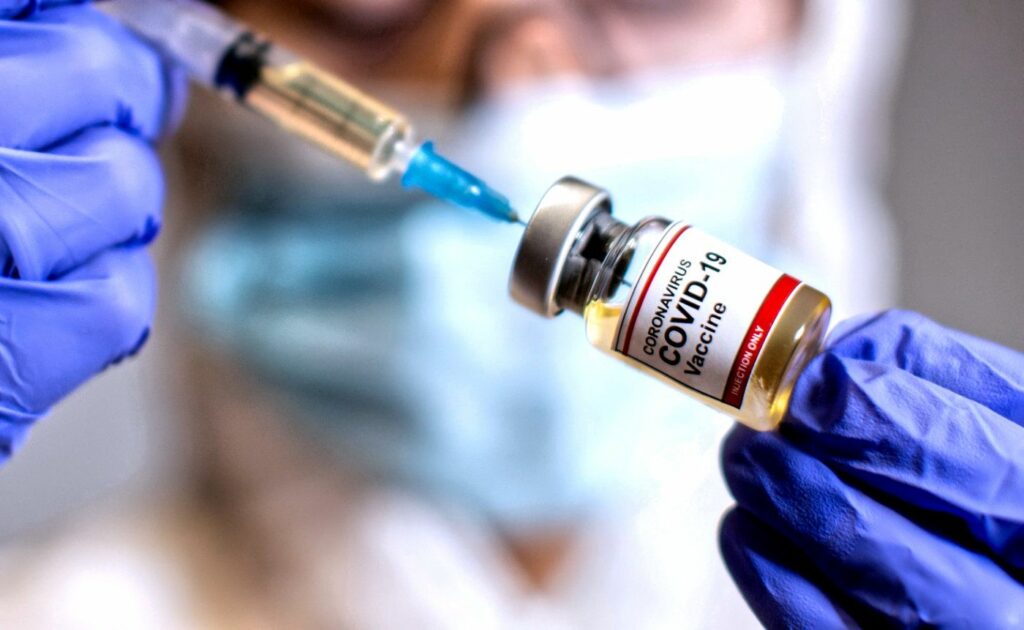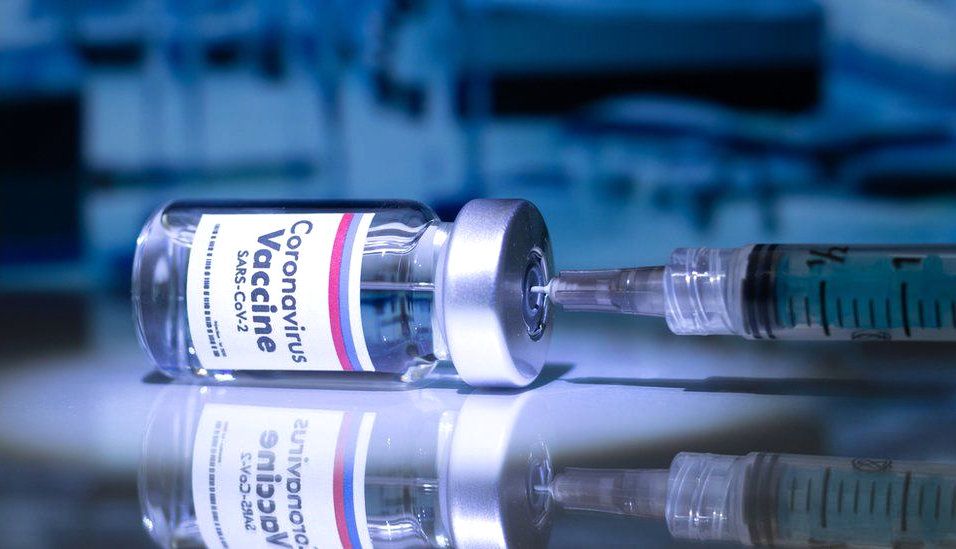The Pros and Cons of Vaccinations
Vaccination and immunization are used interchangeably, they are geared towards preparing your body for resistance in case attacked by a disease.
The medical field has been making tremendous headway when it comes to disease prevention. Vaccines were first used in 1796 by Edward Jenner after he inoculated a young boy with vaccinia virus that later helped the boy develop immunity against smallpox. These were the building blocks for the development of the very first vaccine in 1978.
Over the years, medical practitioners and researchers in the medical field have been able to successfully develop vaccines for some of the deadliest viruses and illnesses on the planet.
Vaccines are administered to patients through a procedure called vaccination. Vaccination is the act of administering a vaccine to help boost the immune system to better position the body in fighting diseases. Most people tend to ask what vaccines are.
Vaccines contain microorganisms, viruses in their mild state, or proteins or toxins from the organism.
There are pros and cons of vaccinations.
How do Vaccines work?

Some people are skeptical about how vaccines work to defend the body against diseases. This brings up the question of how they work. Despite the vaccines being made up of micro-organisms, viruses, and extracts from the organism, in their mild state, they are incapable of causing disease in the individual being given the vaccine.
The vaccine works by prompting the body to produce countermeasures within the immune system to respond to the vaccine’s components as it would if you actually caught the disease.
Some vaccines need only administered once for the body to develop a working countermeasure, whereas others require multiple doses given over a period of time, say between weeks or months. This way, the body can produce enough long-living antibodies while causing the development of memory cells. Introducing a mild form of the pathogen into your body helps to train the body to combat specific foreign disease-causing microorganisms in the body while building defense in the event you get infected in the future.
Getting vaccinated not only protects you from the disease but also those around you with whom you are in constant contact. This works especially for communicable diseases like flu and tuberculosis, among many other diseases.
Despite vaccines being advocated for by most health organizations and authorities such as World Health Organization, some sections of the society still have a negative opinion about the use of vaccines. People are encouraged to take these vaccines, especially when there is an outbreak within the region.
To best reach out to people, you need to get an overview of some of the pros and cons of vaccinations to help you make an informed decision about vaccines.
The Pros of Vaccinations
Help to save lives
Children, when born, have a relatively low immune system. This makes them susceptible to some of the common diseases that could prove fatal if unchecked. To safeguard against this, it is encouraged to vaccinate your child against diseases to help develop a strong immunity. Saving lives is not limited to infants and children; adults also need to be vaccinated in the event of a disease outbreak. This can be seen in the recently launched vaccines for coronavirus. This way, lives can be saved.
Prevent contraction of diseases
There are several diseases that, if unchecked, can lead to deformities, paralysis, and even death. To effectively fight these diseases, you need to get vaccinated in time. Dreaded diseases like polio that cause deformities in children can be prevented by getting a polio vaccine.
Saves Money
Most diseases that have vaccines are generally serious and can cause a huge dent if not strain on your finances. There is a popular phrase that states,’ prevention is better than a cure.’ This can be directly interpreted in this case where it will cost you a lot less to get a vaccine than having to spend a lot while enduring the treatment routine your healthcare chooses for you.
Vaccines are safe
With constant research and development, scientists have been able to come up with safe vaccines with little or no side effects for both adults and children. Getting a vaccine is likely to succeed in protecting you and your family against any disease or infection. The benefits greatly outweigh the risks.
Eradicates diseases
As discussed previously, vaccines do not just protect one person. It works as an umbrella protecting the people you are in constant contact with. Vaccinate people on a regular basis helps to eliminate the potential of contracting disease, which in turn creates a chance for complete eradication of the disease in the future. Getting vaccinated not only protects the current population way but is a sure way of protecting future generations from these dreaded diseases.
Boost immune your immune response
Having a vaccine shot is typically designed to protect you against a specific strain of the disease. However, this will, in the long run, boost your immune strength and response to other diseases. In literal terms, if your body is able to fight one disease successfully, it becomes stronger to handle future diseases reducing the chances of you or your loved ones getting sick.
This theory can be seen in children and infants who are vaccinated at the right under the right dosages. They tend to be more resilient to disease leading a rather healthy and disease-free lifestyle.
The Cons of Vaccinations
In as much as vaccines are known to be highly effective, people are left to wonder if there is a downside to getting vaccinated. Here are some of the concerns people have raised against vaccines.
1) In a situation where few people are vaccinated, research shows that there has been an increased number of infections and diseases among the population. One of the best examples is the recent case of the MMR vaccine that is designed as a combined vaccine for measles, mumps, and rubella. However, a growing concern about the effects of the vaccine on children led to a widespread boycott of the vaccine, with most parents opting to take chances with their children. This led to a rise in the case of measles, mumps, and rubella among the population that was not vaccinated.
2) Vaccines have been known to cause side effects on some people. However, these side effects are usually mild and negligible, with some include light headaches, nausea, dizziness, and soreness in the injection area. However, there have been reports of people having more severe symptoms. Symptoms may include:
• Rashes throughout the body that could become severe in people with eczema.
• Severe brain reaction that could cause permanent brain damage.
• Severe infection that could begin at the injection area occurs mostly in people with very weak immune systems.
• The vaccine could lead to death, especially in people with serious deficiencies in their immune systems.
• Despite these cases being reported, they are usually rare and present themselves among people with chronic underlying health conditions, with a majority having very weak immune systems.
3) In most regions, the authorities have more control over which area receives which vaccinations and which children are vaccinated. Parents and caregivers rarely have a chance to voice their opinion over the shots given to their children. In certain school zones, unvaccinated children are barred from attending to school, mounting pressure on parents to have their children vaccinated. This pressure is one of the building blocks for the no vaccine movement that seeks to give parents a chance to voice their opinion about vaccines without government interference.
4) Vaccines are also known to have some allergic reactions in some individuals. This usually happens immediately after receiving the shot. However, most healthcare givers are well equipped to handle such cases. Just as a precaution, it is advisable to alert your doctor or healthcare giver of you or your child’s allergy history.
5) In cases such as the coronavirus, getting a vaccine is not a guarantee for full protection, given that most people are yet to get vaccinated. Health officials continue to encourage people to adhere to the laid down safety protocols against the virus. This paints a picture that not all vaccines are foolproof.

Despite the negative publicity commonly associated with certain vaccines, it is wise that we view this procedure from a proactive angle.
Of course, there are risks involved in every developed treatment, but having an optimistic attitude toward the vaccines developed can go a long way in protecting our families and us. Let’s borrow a leaf from the recent coronavirus pandemic. With the distribution of the vaccine across the globe, people are able to effectively deal with the spread and contraction of the virus.
If we can implement the same support we have for the recently developed vaccines for all other types of vaccines, then we are benevolent to future generations by trying to eradicate the various types of diseases plaguing our world.
[OPTICS : COVID-19 VACCINATION]






